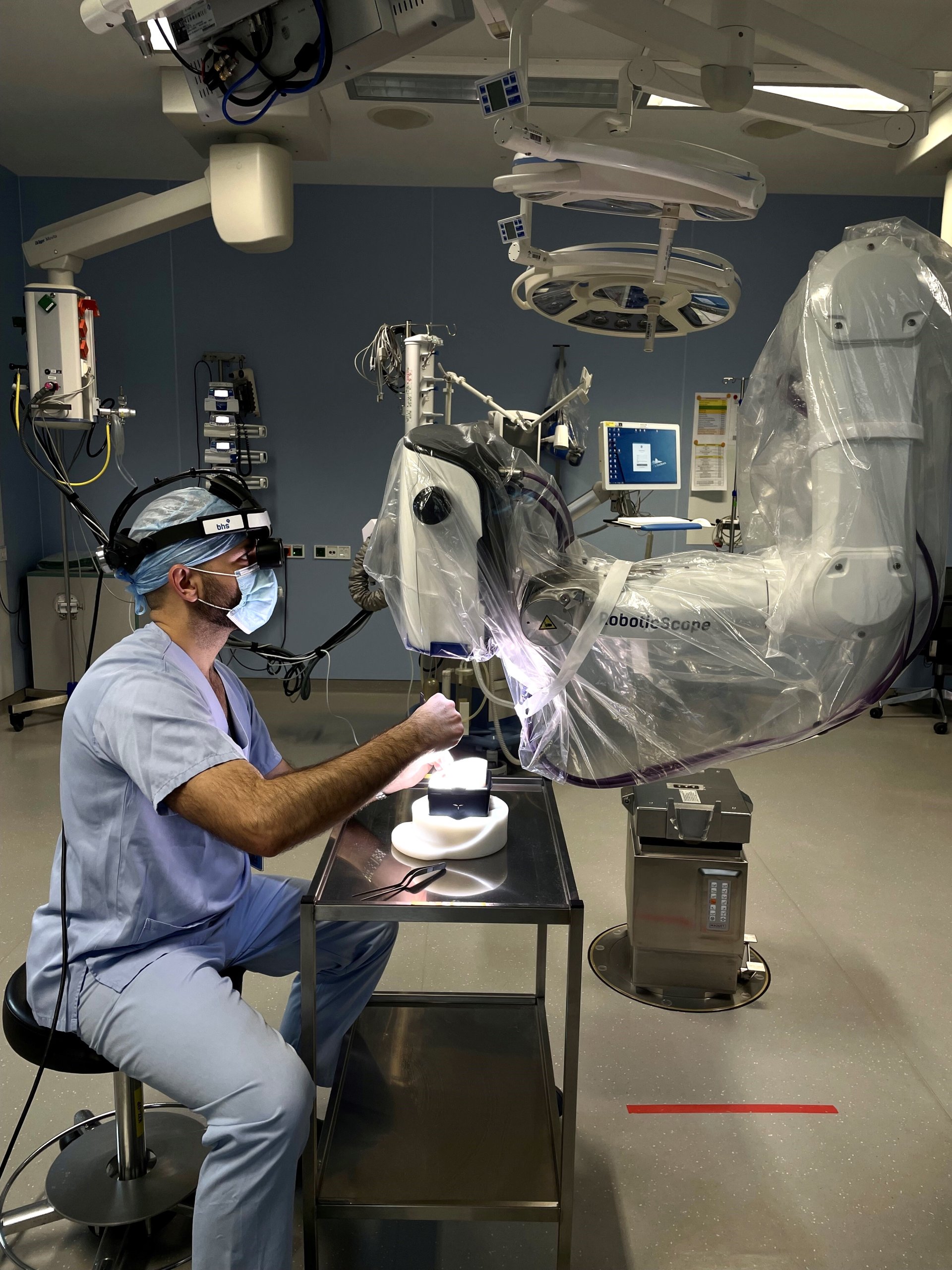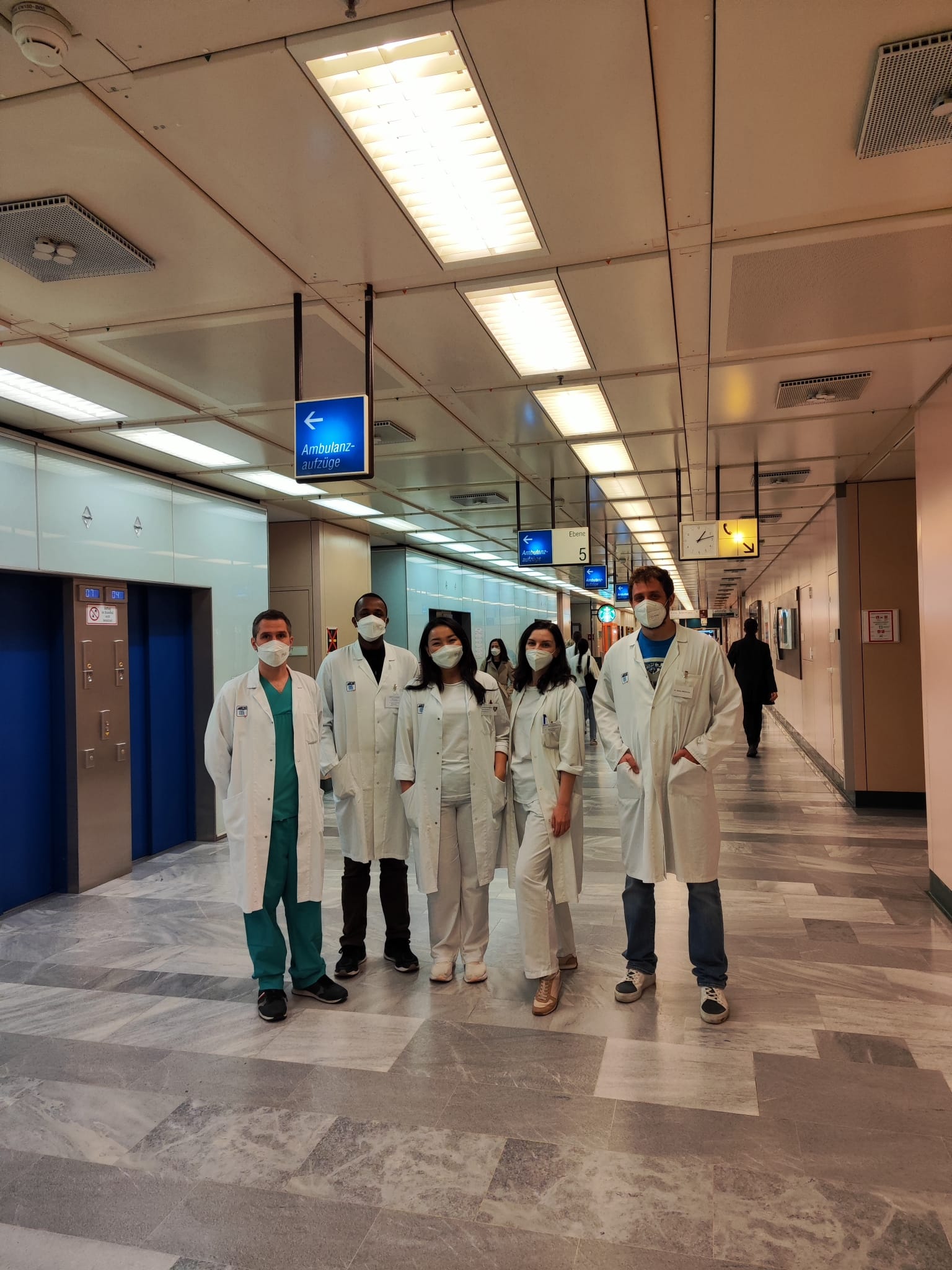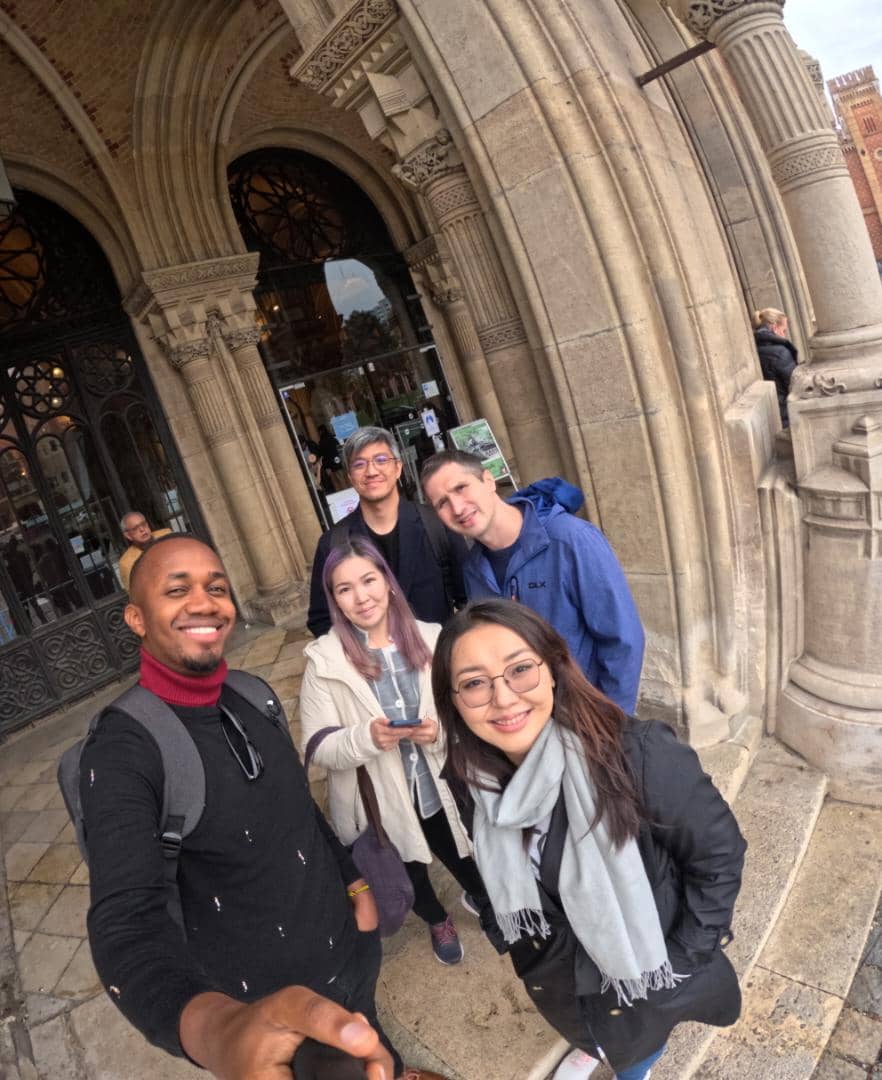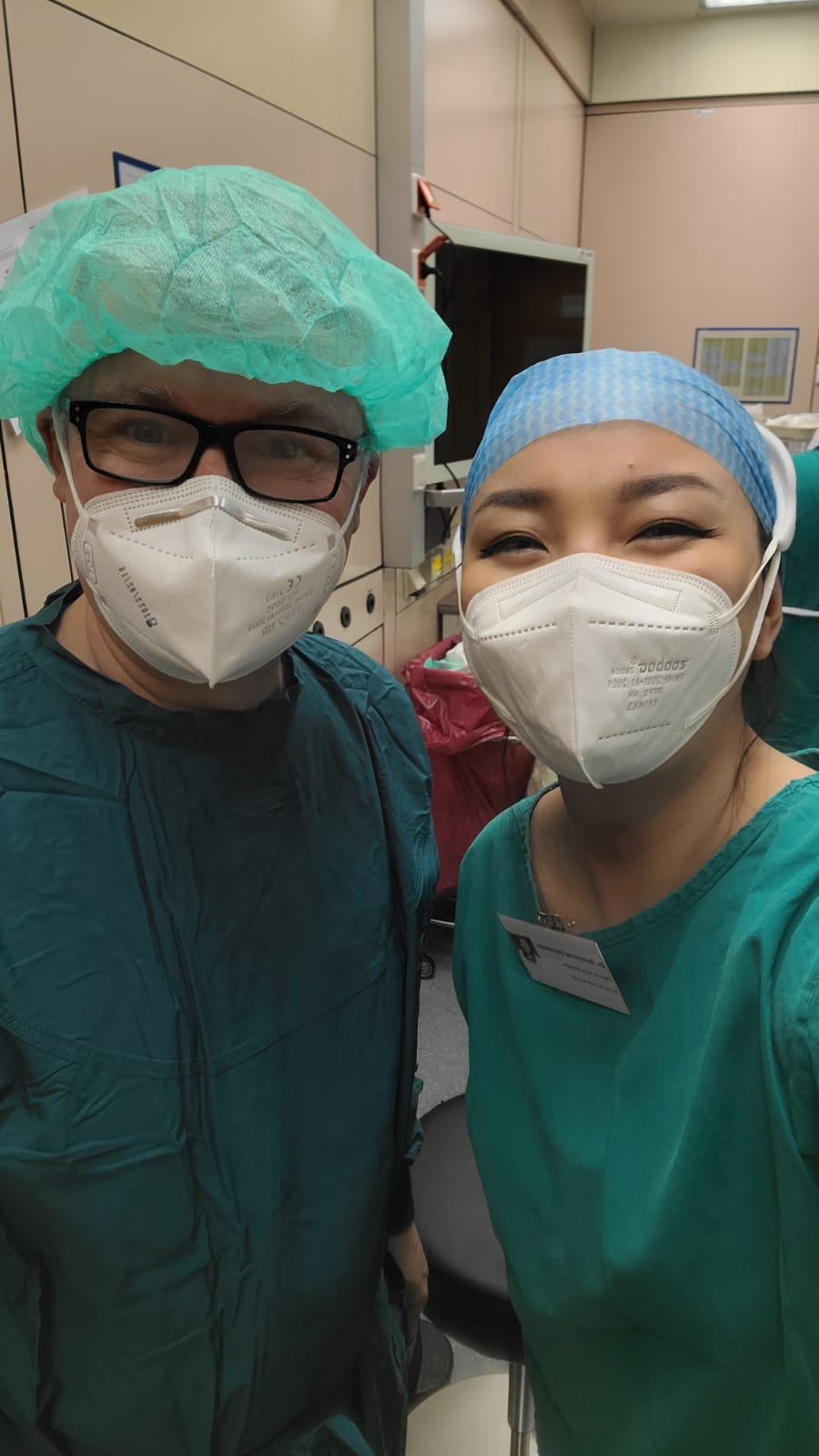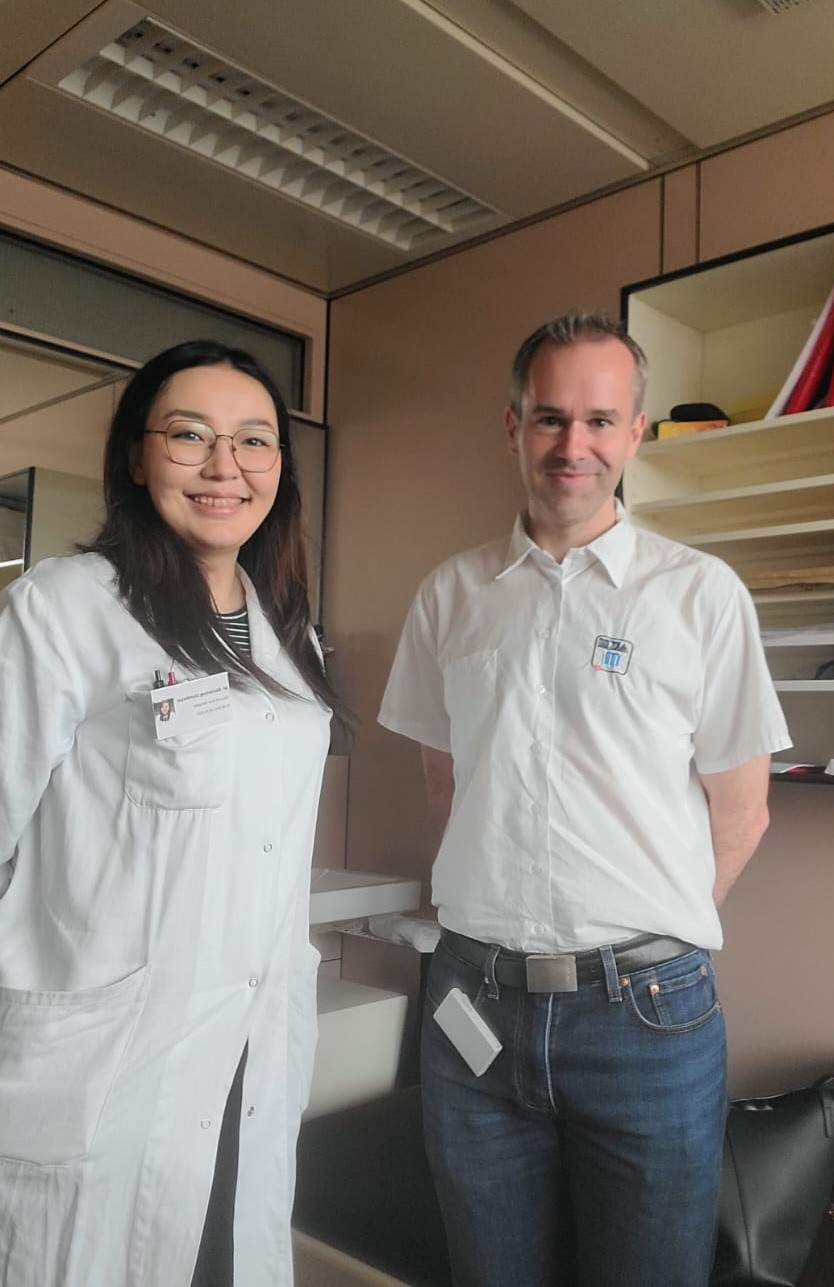During the month of April, eight OMI alumni from Mexico, Kazakhstan, Croatia, Bulgaria, Belarus, Mongolia, Tanzania and Serbia completed their observerships in different fields of medicine, including Pathology, Orthopedics and Traumatology, Urology and Andrology, Obstetrics and Gynecology, Dermatology, and Neurosurgery.
Most observerships take place in Vienna, Graz and Salzburg but the University Hospital of Innsbruck for Neurosurgery is becoming a more and more popular location for our alumni as well. This relates to the excellent faculty members of those institutions who encouraged the fellows to visit as observers.
Dr. Ljubiša Jovanović, a pathologist from Serbia, spent a fulfilling time at the General Hospital of Vienna and summarized his stay the following:
I am very satisfied with the OMI observership program and I find it a valuable opportunity to learn many new things, make useful connections, and establish great future cooperations. The outline of the program is very good. The correspondence with the organization was excellent.
With my Austrian colleagues, I organized some new research and bilateral cooperations. The analysis of significant prognostic markers in mucinous ovarian cancers and research about tumor glyco-code in ovarian cancers are the main ideas for future cooperation.
Dr. Bastsetseg Ulambayar had a similarly rewarding experience during her dermatology observership at the General Hospital of Vienna.
She was most impressed by the workflow at the outpatient dermatology clinic, which resulted in all necessary diagnostic procedures and treatment selection in a much shorter time than she was used to from her home institution.
Another highlight for Dr. Ulambayar was the management of dermato-surgery and dermatopathology. Frozen section during the procedure like Mohs surgery guarantees complete resection of the tumor in healthy tissue and prevents reoccurrences. This technology is not very often used in Mongolia, and she would like to improve the training program for dermato-surgery accordingly back home.
Seeing genetic or systemic diseases that Dr. Ulambayar has never seen before, such as hair disease or systemic collagen disease, also broadened her horizon.
